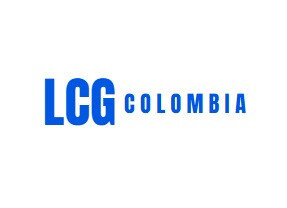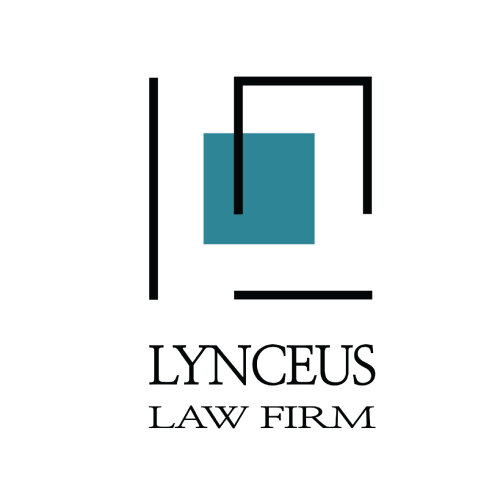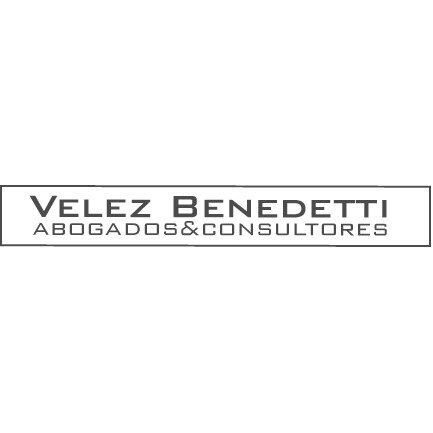Best Conveyancing Lawyers in Colombia
Share your needs with us, get contacted by law firms.
Free. Takes 2 min.
Free Guide to Hiring a Real Estate Lawyer
Or refine your search by selecting a city:
List of the best lawyers in Colombia
About Conveyancing Law in Colombia
Conveyancing in Colombia refers to the legal processes involved in transferring property ownership from one party to another. Whether you are buying, selling, or inheriting real estate, these transactions must follow specific procedures mandated by Colombian law to ensure that property rights are properly and securely registered. Conveyancing not only includes the exchange of contracts but also covers searches, due diligence, and registration with local authorities. Due to unique local systems and documentation requirements, the process in Colombia can differ from that of other countries.
Why You May Need a Lawyer
Legal guidance is essential in a variety of conveyancing scenarios. You may need a lawyer when:
- Buying or selling real estate, to ensure the transaction is legitimate and all documentation is in order
- Addressing disputes over property boundaries or ownership claims
- Dealing with issues related to inheritance or partition of property among heirs
- Resolving irregularities in property registration or past title transfers
- Understanding obligations under Colombian property laws as a foreign buyer or seller
- Securing financing and ensuring mortgage documentation complies with local regulations
A lawyer can help you avoid costly mistakes, protect your interests, and make sure that the conveyancing process runs smoothly.
Local Laws Overview
Colombian conveyancing law is primarily governed by the Civil Code, the Public Registry system, and various notarial regulations. Key aspects include:
- All property transactions must be formalized through a public deed, signed before a Colombian Notary Public
- Every transfer of real estate requires registration with the Office of Public Instruments Registry to be valid against third parties
- Due diligence is required to verify legal title, the absence of encumbrances, tax payments, and compliance with urban regulations
- Foreign nationals can own property in Colombia but must obtain a NIT (tax identification number) and may face additional steps in money transfers
- Inheritance-based transfers may require probate proceedings, especially if heirs are minors or if there is disagreement among beneficiaries
- Seller and buyer must ensure all municipal taxes and notary fees are paid to complete the registration process
Failure to comply with these local legal requirements can result in invalid transactions or future disputes.
Frequently Asked Questions
What documents are needed to buy or sell property in Colombia?
You will generally need the property public deed, certification of freedom and tradition, seller's identification, proof of tax payments, and, for foreign buyers, an appropriate visa or permit as well as a Colombian tax identification number.
Is it possible for foreigners to own property in Colombia?
Yes, foreigners can legally own property in Colombia. However, they must comply with certain formalities, such as obtaining a tax identification number and ensuring that all funds used in the purchase are properly documented and transferred through Colombian financial institutions.
What is the role of a Notary Public in Colombian conveyancing?
The Notary Public authenticates the transaction, witnesses the signing of the public deed, and ensures all legal requirements are fulfilled before the property is registered in the buyer’s name.
How is property transferred after a purchase agreement?
Once the purchase agreement is signed, both parties go to a Notary to execute a public deed. The deed must then be registered with the Public Instruments Registry to complete the transfer of ownership.
What taxes and fees are involved in conveyancing?
Sellers and buyers must pay notarial fees, registration fees, and municipal taxes such as the funds transfer tax and property transfer tax. The cost structure may vary depending on the value of the property.
How long does the conveyancing process take?
The full process, from signing the agreement to registration, can take from two weeks to several months, depending on complexity, the accuracy of documentation, and the involvement of third parties such as banks or multiple heirs.
What if there is a lien or mortgage on the property?
The lien or mortgage must be settled before the property is transferred. This is typically resolved during the closing process, with the notary ensuring disbursement to clear any encumbrances before registering the new ownership.
Can property be transferred as a gift or inheritance?
Yes, Colombian law allows for transfers via donation or inheritance. Each method has its process and may involve tax considerations and, in the case of inheritance, potential probate proceedings.
Are verbal property agreements recognized in Colombia?
No, property transactions in Colombia must be conducted by public deed and registered with the Public Registry to be legally enforceable.
What are the risks of not registering a property transfer?
Failure to register a transfer means the new owner’s rights are not legally protected, making them vulnerable to fraud, disputes, or loss of ownership. Registration is necessary to assert legal title against third parties.
Additional Resources
- Superintendencia de Notariado y Registro - The national agency overseeing notaries and property registries
- Cámara de Comercio - Local Chamber of Commerce offices can provide guidance on regulations and business property transfers
- Colombian Bar Association - Offers directories and resources for finding qualified real estate lawyers
- Centro de Conciliación y Arbitraje - Institutions specializing in dispute resolution related to property or title issues
- Local municipal governments - Often provide guidance on urban regulations, taxes, and compliance for property owners
Next Steps
If you need legal assistance in conveyancing, start by gathering all basic documents regarding the property and your personal identification. Contact a reputable Colombian real estate lawyer or law firm with experience in property transactions. Request a consultation to discuss your needs and clarify all fees and timelines involved. Additionally, verify that your finances and any required permissions (especially for foreign nationals) are in order. By working with a qualified lawyer, you will navigate Colombian conveyancing smoothly and with increased confidence in your legal security.
Lawzana helps you find the best lawyers and law firms in Colombia through a curated and pre-screened list of qualified legal professionals. Our platform offers rankings and detailed profiles of attorneys and law firms, allowing you to compare based on practice areas, including Conveyancing, experience, and client feedback.
Each profile includes a description of the firm's areas of practice, client reviews, team members and partners, year of establishment, spoken languages, office locations, contact information, social media presence, and any published articles or resources. Most firms on our platform speak English and are experienced in both local and international legal matters.
Get a quote from top-rated law firms in Colombia — quickly, securely, and without unnecessary hassle.
Disclaimer:
The information provided on this page is for general informational purposes only and does not constitute legal advice. While we strive to ensure the accuracy and relevance of the content, legal information may change over time, and interpretations of the law can vary. You should always consult with a qualified legal professional for advice specific to your situation.
We disclaim all liability for actions taken or not taken based on the content of this page. If you believe any information is incorrect or outdated, please contact us, and we will review and update it where appropriate.
Browse conveyancing law firms by city in Colombia
Refine your search by selecting a city.















